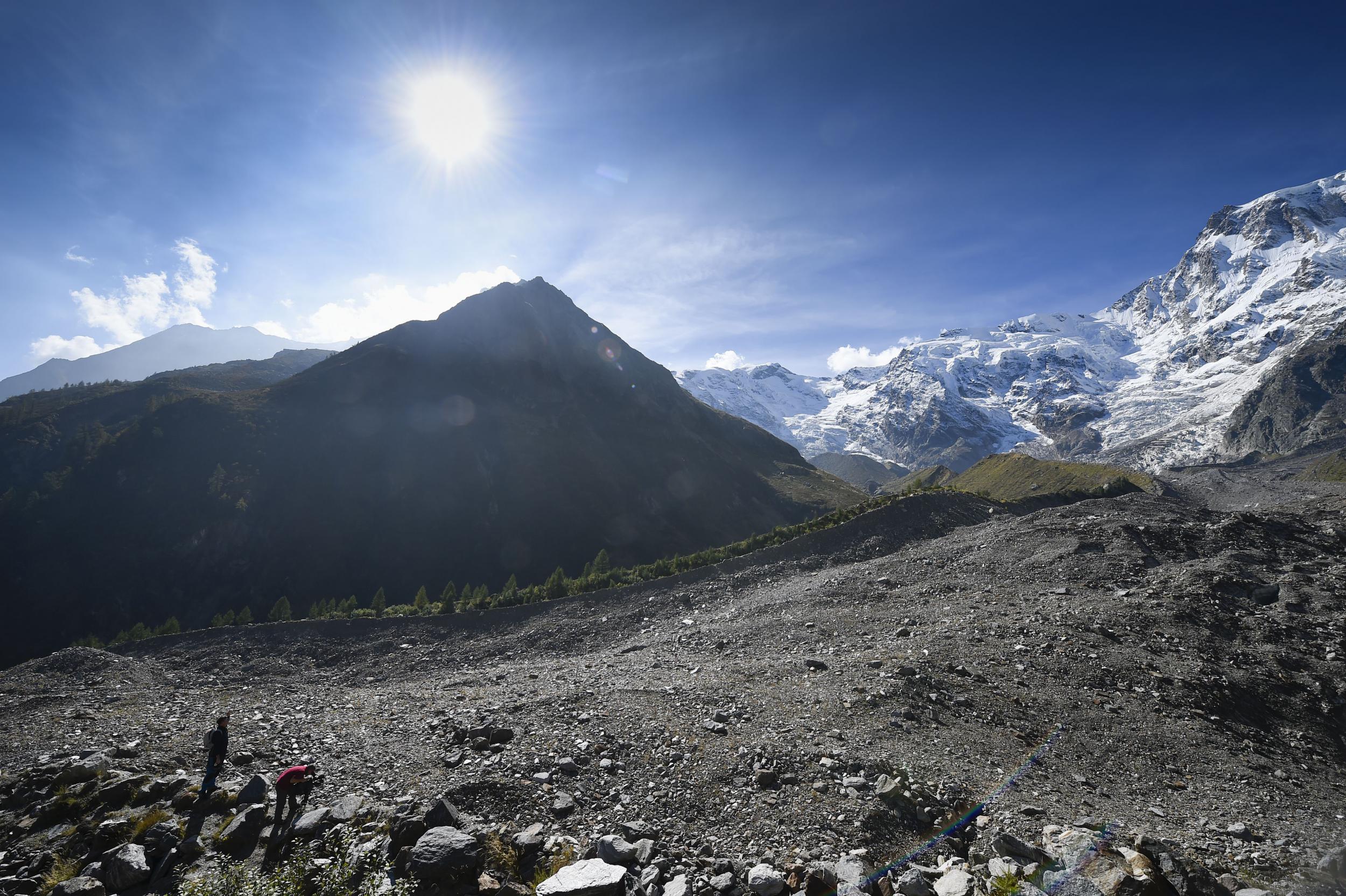Antarctic ice shelf could collapse within our lifetimes, scientists warn
A new study predicts a doubling of ice flow melt by 2050 and possible ice shelf collapse by 2100.

Your support helps us to tell the story
From reproductive rights to climate change to Big Tech, The Independent is on the ground when the story is developing. Whether it's investigating the financials of Elon Musk's pro-Trump PAC or producing our latest documentary, 'The A Word', which shines a light on the American women fighting for reproductive rights, we know how important it is to parse out the facts from the messaging.
At such a critical moment in US history, we need reporters on the ground. Your donation allows us to keep sending journalists to speak to both sides of the story.
The Independent is trusted by Americans across the entire political spectrum. And unlike many other quality news outlets, we choose not to lock Americans out of our reporting and analysis with paywalls. We believe quality journalism should be available to everyone, paid for by those who can afford it.
Your support makes all the difference.The Antarctic is melting so fast the whiole continent's ice shelf may be gone within our lifetime, scientists have warned.
The report, published in Nature Geoscience, predicts a doubling of surface melting of the ice shelves by 2050. And by 2100 the rate could surpass the point associated with ice shelf collapse.
Ice shelves are extensions of land ice projecting into the sea. They form a natural barrier blocking inland ice flow to the oceans. Their disappearance would remove that barrier and pave the way for dramatic rises in sea level, according to the study.
Lead researcher, Dr Like Trussel from the Woods Hole Oceanographic Institution in the US, said: “Our results illustrate just how rapidly melting in Antarctica can intensify in a warming climate.
“This has already occurred in places like the Antarctic Peninsula where we’ve observed warming and abrupt ice shelf collapses in the last few decades.
“Our model projections show that similar levels of melt may occur across coastal Antarctica near the end of this century, raising concerns about future ice shelf stability.”
The study was based on satellite observations of ice surface melting and climate simulations up to 2100. It showed that if greenhouse gas emissions continued at present rates, ice shelf collapse could occur by 2100.
Under a reduced-emission scenario the melting could be brought under control by 2050.
Co-author Dr Karen Frey, from Clark University in Massachusetts, said: “The data presented in this study clearly show that climate policy, and therefore the trajectory of greenhouse gas emissions over the coming century, have an enormous control over the future fate of surface melting of Antarctic ice shelves, which we must consider when assessing their long-term stability and potential indirect contributions to sea level rise.”
Join our commenting forum
Join thought-provoking conversations, follow other Independent readers and see their replies
Comments